Dial 1800 My Options for Your Sexual Health Concerns
Image Credit: Unsplash
During the COVID-19 pandemic, increasing phone calls from international students to sexual and reproductive health services have revealed a persisting lack of sexual education within the international student community.
Victorian sexual and reproductive health (SRH) information service 1800 My Options found an increase in calls from international students at the beginning of the pandemic.
1800 My Options Stakeholder Engagement and Project Coordinator Emily Dang said the most common questions received from international students were about unplanned pregnancy and medical terminations.
“A lot of students might not know that you can get an abortion using medication… with a prescription from a GP,” Ms Dang said.
This method can often be directly billed which is affordable, she said.
In contrast, a surgical abortion may occur at a private day clinic or some public and private hospitals at a higher cost.
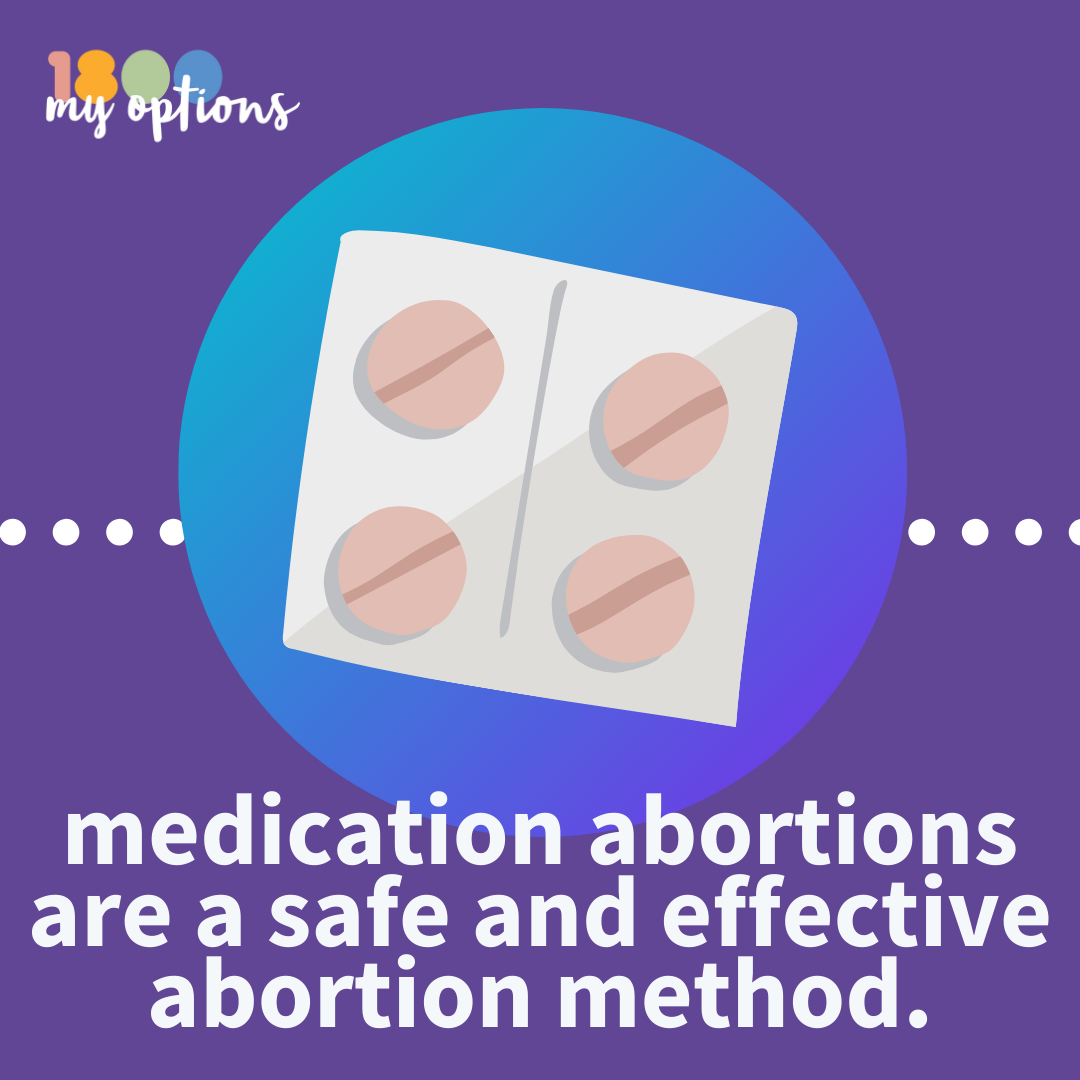
International students may be unaware that surgical abortion is not the only method to terminate pregancy. Source: 1800 My Options via Facebook
Barriers to SRH information for international students
International students face numerous challenges in obtaining SRH information including language barriers and limited sexual education.
A 2011 report from the Multicultural Centre for Women’s Health (MCWH) found that high rates of unplanned pregnancy and abortion among international students are often due to limited sexual health literacy and access to Australian health services.
“Navigating the actual health system is complex for most people, but even more complex when it’s not necessarily in your native tongue,” Ms Dang said.
“There’s also a lot of misconceptions around some of the health rights or health practices in Australia, so things like confidentiality and privacy are really big concerns for international students who might be worried,” she said.
1800 My Options Multicultural Engagement Officer Nabila Yusof said 5 to 10 per cent of their calls have been from international students.
As an international student herself, Ms Yusof identifies stigma as another barrier to accessing SRH services for international students.
“Besides [the lack of sexual health literacy], there’s also the big old stigma that people don’t really come forward because they’re just afraid or embarrassed… about sexual and reproductive health issues,” she said.
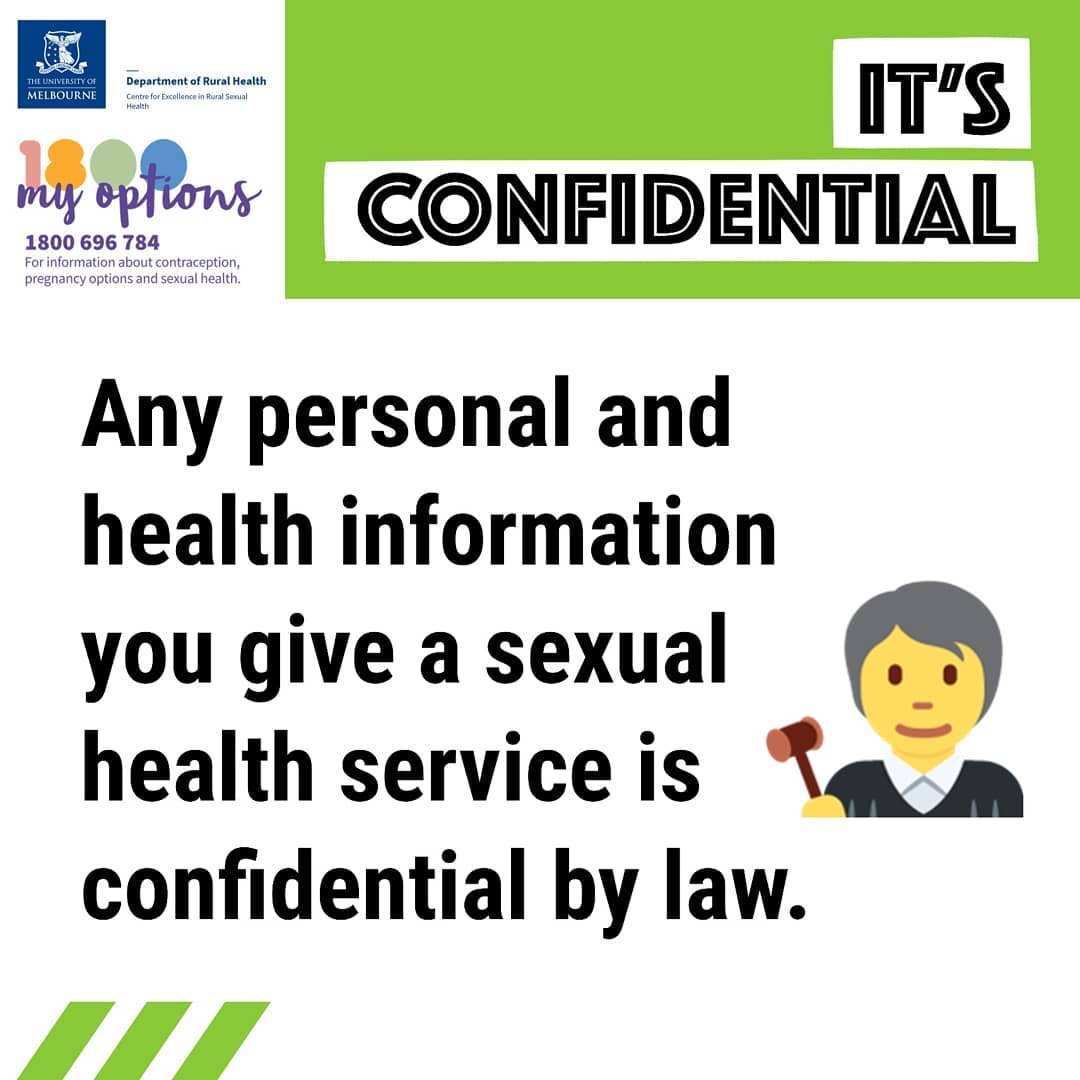
Anonymous calls made to 1800 My Options are free and confidential. Source: 1800 My Options via Facebook
Directing Victoria’s international students to sexual health professionals
Funded by the Victorian government, 1800 My Options offers support by providing SRH information through a confidential phone line and website.
Gathering a database of professionals who work in SRH services, the service helps direct people to the health care services they are looking for, Ms Dang said.
“With international students specifically, we can check places that do direct billing, because cost is often an issue,” she said.
International student Sumira first navigated the Australian SRH system while on her student visa four and a half years ago.
Searching for nearby services to support her pregnancy, Sumira said she called 10 to 15 doctors to check whether they were financially feasible options for her.
“I didn’t know that [1800 My Options] existed at that time,” she said.
“It would [have been] much easier for me just to ring one place… just to [see] what other doctors are around me and how they will be covering me.”
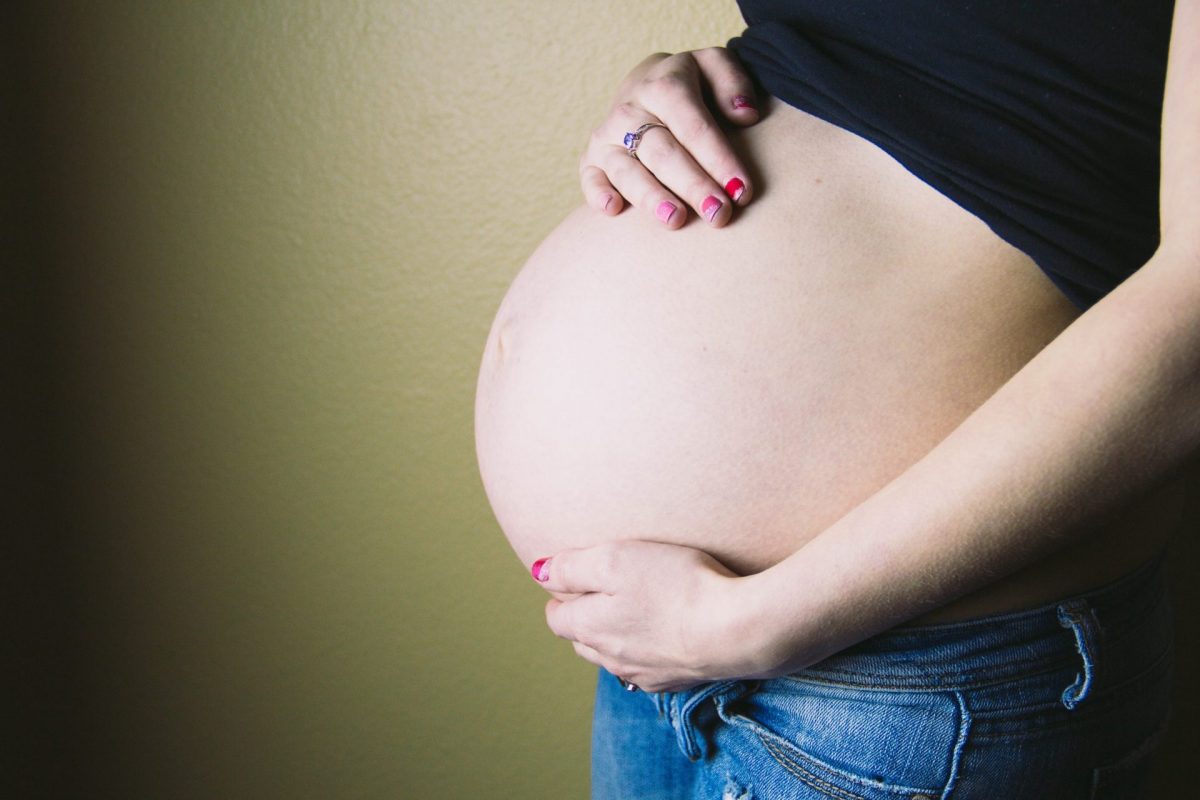
Pregnancy and sexual reproduction remains a taboo in many cultures which have made accessing SRH services a challenge for some international students in Australia. Source: Cassidy Rowell via Unsplash
Sumira also found that the taboo nature of reproduction in her culture made it challenging for her as an international student.
“I really want to highlight the gap of knowledge we have, because I come from a country where nobody talks about pregnancies that easily,” she said.
Having just arrived in Australia when she first accessed the SRH system, Sumira said using English to communicate especially with doctors was “such a scary thing”.
The same 2011 study by the MCWH revealed that while 85.7 percent of surveyed international students accessed health services in their country, only 34.3 per cent had done the same in Australia.
Lack of sexual education within schools
Former international student Kajal also found that another barrier to accessing SRH services was limited sexual education in schools.
“I was never taught about it myself, so I learnt everything from the internet, which is not the best resource,” she said.
Back in her home country, Kajal said GPs are not consulted about sexual education or sexual health.
“We thought that we had to go to a gynaecologist for that or very specific doctors,” Kajal said.
“I think sometimes international students may not know that [there are other options], but that’s got nothing to do with them.”
The health system needs to be more open about the safety of these spaces, Kajal said.
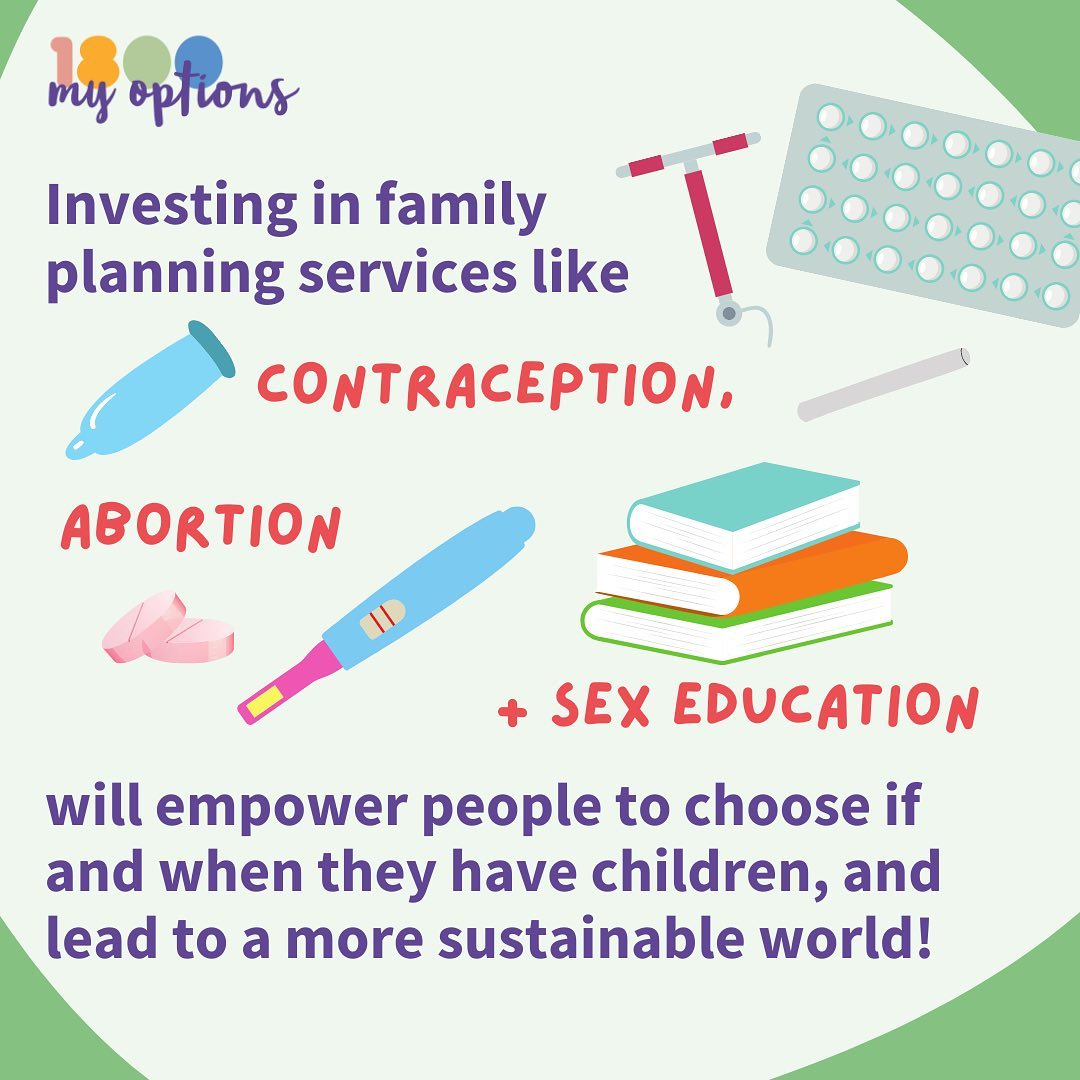
Sexual health education remains inadequate in Australia, and even more so in cultures that perceive it as a taboo. Source: 1800 My Options via Facebook
Kajal first came across 1800 My Options via Instagram and was eager to share them with her friends.
However, Kajal was wary that many health services did not cater for international students.
“This has happened before. We got excited about discovering some resources… but sometimes it’s not accessible so it’s disappointing,” she said.
After contacting 1800 My Options via Instagram, Kajal confirmed that it was accessible for international students.
“They were very quick to reply… they also mentioned that a lot of international students have called them and they were able to specifically bill our private healthcare providers,” she said.
Kajal said she “really loved” the specific resources for marginalised communities on the 1800 My Options website.
“They give you a very in-depth explanation of how they provide services, so I really found that very helpful,” she said.
How can 1800 My Options help you?
A 2012 Queensland University of Technology study found that international students preferred using online resources and confidential online services when accessing sexual health information, as this ensures privacy.
1800 My Options provides this confidentiality and caters to international students with interpreters available over the phone in the caller’s preferred language.
The stigma associated with SRH issues is broken down over the phone as callers are reassured that it’s a normal part of healthcare, Ms Dang from 1800 My Options said.
“The service we give on the phone and online is really de-stigmatising and non-judgemental,” she said.
“The majority of calls around sexual and reproductive health – we have heard it all.”
“We’re not going to judge and it’s not going to shock us.”
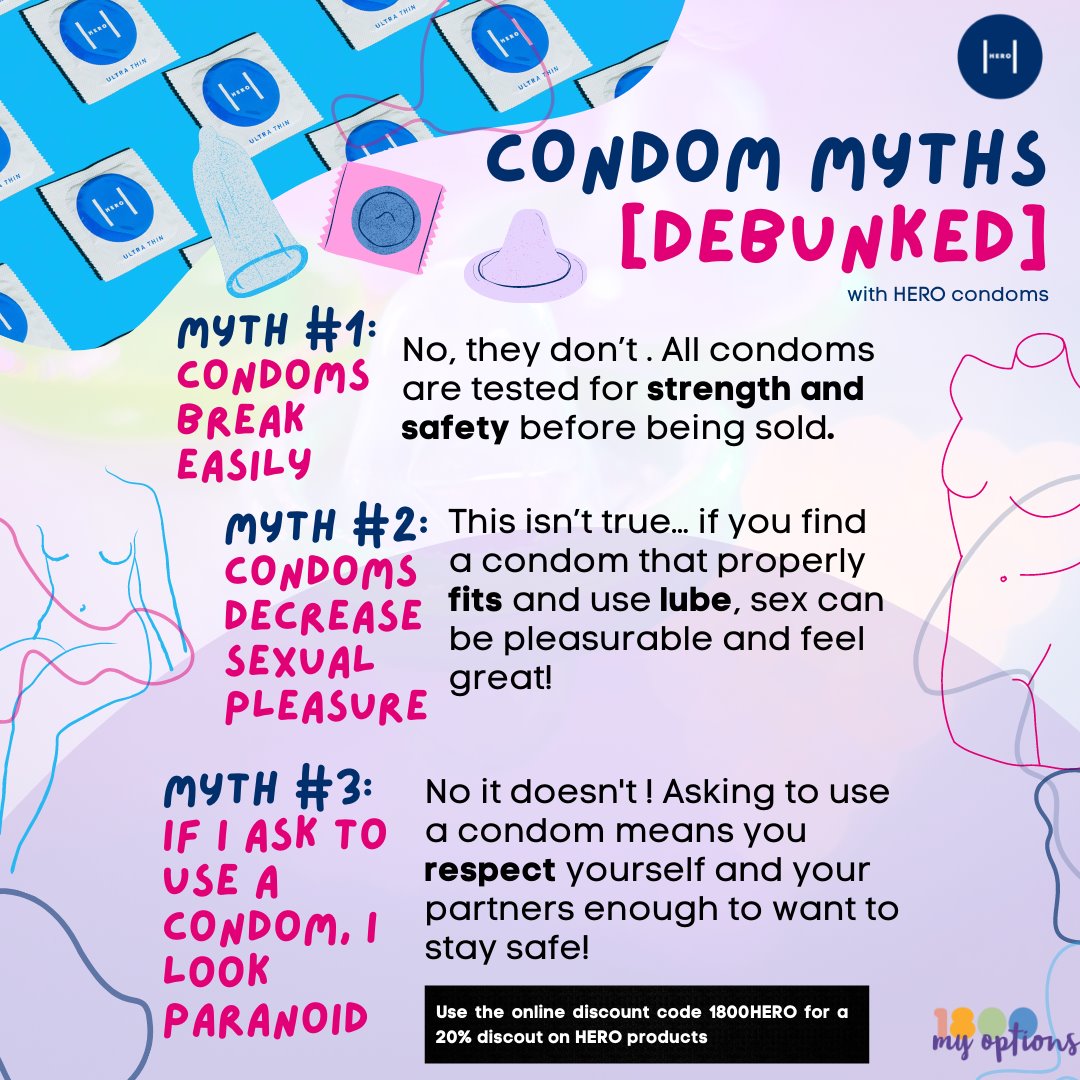
1800 My Options provides fact sheets and resources on their social media including myths surrounding sexual health. Source: 1800 My Options via Facebook
Ms Yusof from 1800 Options suggests emailing the service or checking their website first if people feel uncomfortable with calling.
“Read through the website first, see what you can gauge from there… and then give us a ring because we’re pretty friendly,” Ms Yusof said.
“[Callers] may take as long as they want to ask us any sort of question, and as much as we can, we will usually be able to provide the help they need. If not, then we’ll redirect them to other services that should be able to,” she said.
1800 My Options encourages international students to contact them with any SRH concerns or questions from 9:00am to 5:00pm on weekdays.
For more SRH information:
1800 My Options:
- Find a SRH service
- Resources for international students
- Open 9:00am to 5:00pm weekdays
- Phone: 1800 696 784
- Email: info@1800myoptions.org.au
